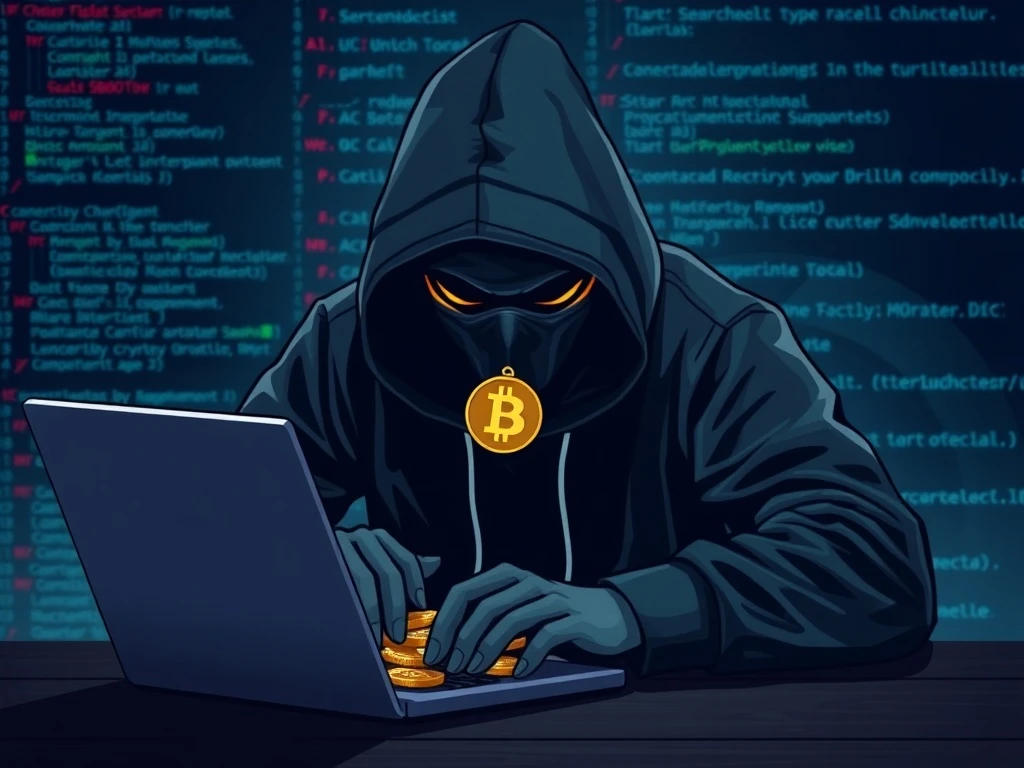Shocking $44M Crypto Theft: CoinDCX Engineer Arrested in Major Security Breach

In a shocking turn of events, a CoinDCX engineer has been arrested in connection with a $44M cryptocurrency theft. This major security breach has sent ripples through the crypto community, raising urgent questions about cybersecurity and internal controls at leading exchanges.
How Did the $44M CoinDCX Crypto Theft Happen?
The breach occurred on July 19, 2025, when hackers siphoned funds from an internal liquidity account. Forensic investigators found:
- Stolen assets were transferred to six crypto wallets
- Compromised credentials traced to an employee’s work laptop
- Evidence suggests sophisticated hacking methods were used
CoinDCX Engineer Under Scrutiny: What We Know
Rahul Agarwal, a software engineer at CoinDCX, was arrested after investigators discovered:
| Evidence | Details |
|---|---|
| Suspicious deposit | Rs 15 lakh in personal account |
| Device usage | Work laptop used for freelance activities |
| Access patterns | Unusual credential usage during breach |
Crypto Exchange Security: A Wake-Up Call for the Industry
This $44M breach highlights critical vulnerabilities in cryptocurrency exchanges:
- Endpoint security failures
- Weak credential management
- Inadequate employee monitoring
- Lack of multi-factor authentication
How CoinDCX is Responding to the Crypto Theft
The exchange’s parent company, Neblio Technologies, has taken several steps:
- Covering the $44M loss from company reserves
- Launching full security protocol review
- Assuring users their funds remain safe
- Cooperating with law enforcement
Frequently Asked Questions
Q: Were customer funds affected in the CoinDCX breach?
A: No, the stolen $44M came from an internal liquidity account, not customer wallets.
Q: How does this compare to the 2024 WazirX breach?
A: Unlike WazirX where customer assets were impacted, CoinDCX’s breach affected company funds only.
Q: What security measures should crypto exchanges implement?
A: Experts recommend multi-factor authentication, regular security audits, and strict access controls.
Q: Could this arrest impact India’s crypto regulations?
A: The case may prompt stricter oversight of exchange security practices and employee monitoring.








